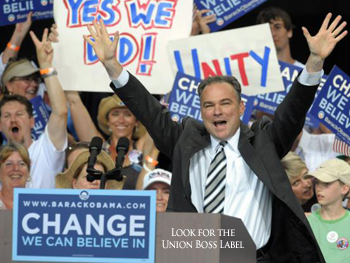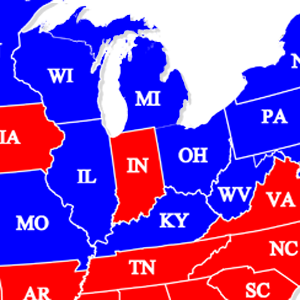NLRB Overreach not Overlooked by House Education and Workforce Committee
In their aggressive overreach to help the union bosses, the National Labor Relations Board has a devastating strong of courtroom losses that are putting them back into place. The House Education and Workforce Committee looks at their grasp for more power: [Last] week, the Obama National Labor Relations Board (NLRB) suffered yet another defeat in federal court. On Monday, U.S. District Judge James Boasberg – appointed to the federal bench last year by President Obama – rejected the board’s recent ambush election rule. During the final days of 2011, the Obama labor board jammed through the regulatory process sweeping changes to long-standing rules governing union elections, changes that undermine employer free speech and worker free choice. As Education and the Workforce Committee Chairman John Kline noted: The Obama board’s rush to enact this rule before it loses its quorum confirms what my Republican colleagues and I have suspected all along – this board is not fighting for the best interests of our workforce, but instead is determined to advance an activist, pro-union agenda at any cost. Yet in their haste to adopt a flawed rule, board members Mark Pearce and Craig Becker neglected to follow the law. Citing Hollywood icon Woody Allen, Judge Boasberg writes: Eighty percent of life is just showing up. When it comes to satisfying a quorum requirement, though, showing up is even more important than that. Indeed, it is the only thing that matters – even when the quorum is constituted electronically. In this case, because no quorum ever existed for the pivotal vote in question, the Court must hold that the challenged rule is invalid. The decision represents a victory on behalf of workers and employers, and is hopefully not the last. As the Wall Street Journal noted, “Given the NLRB spectacle of the last three years, this probably won't be the only time the commission loses in court—or the only time that judges need to invoke Mr. Allen to describe its absurdity.”







